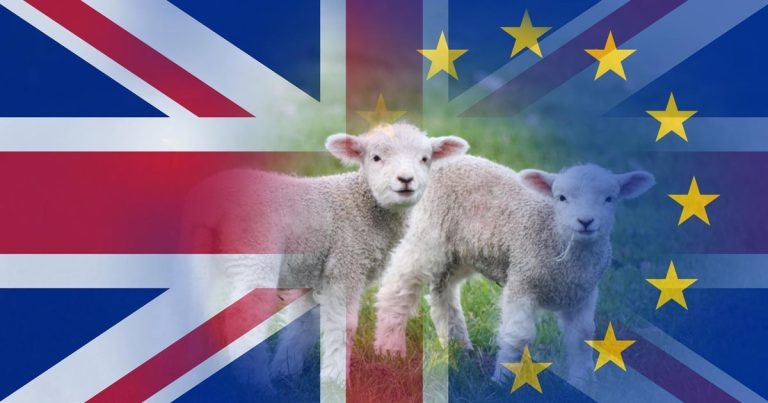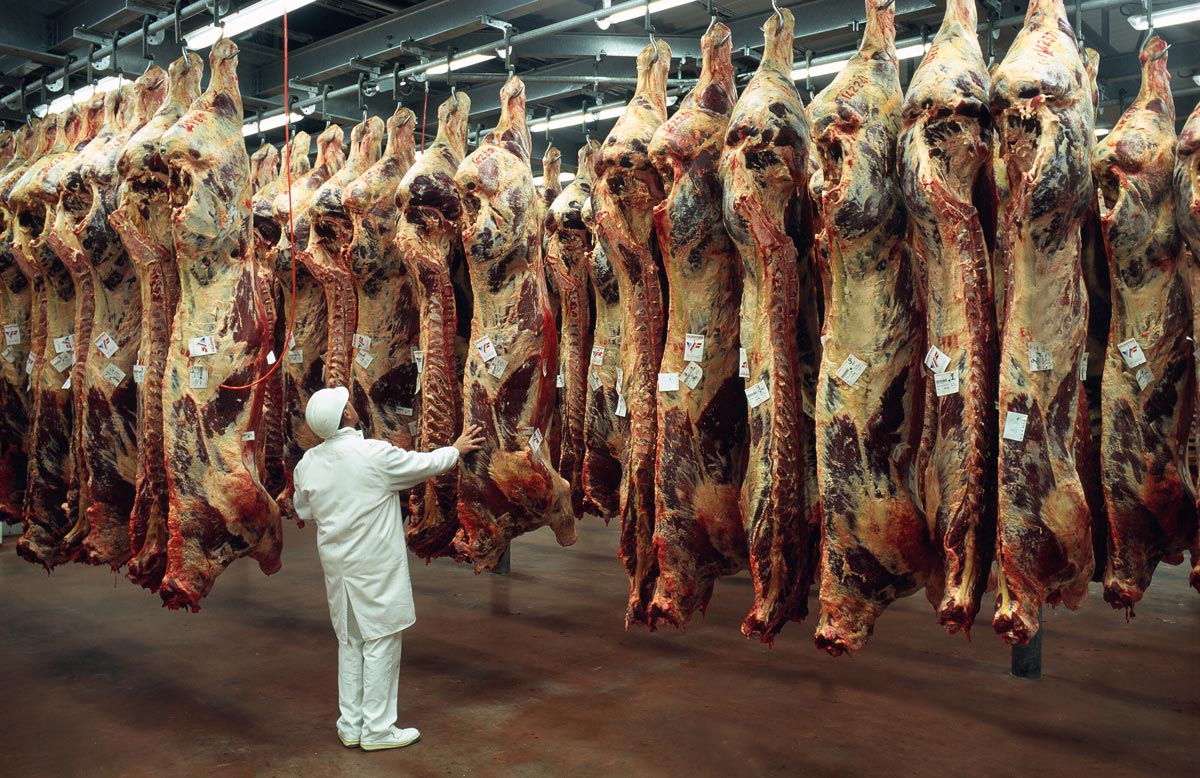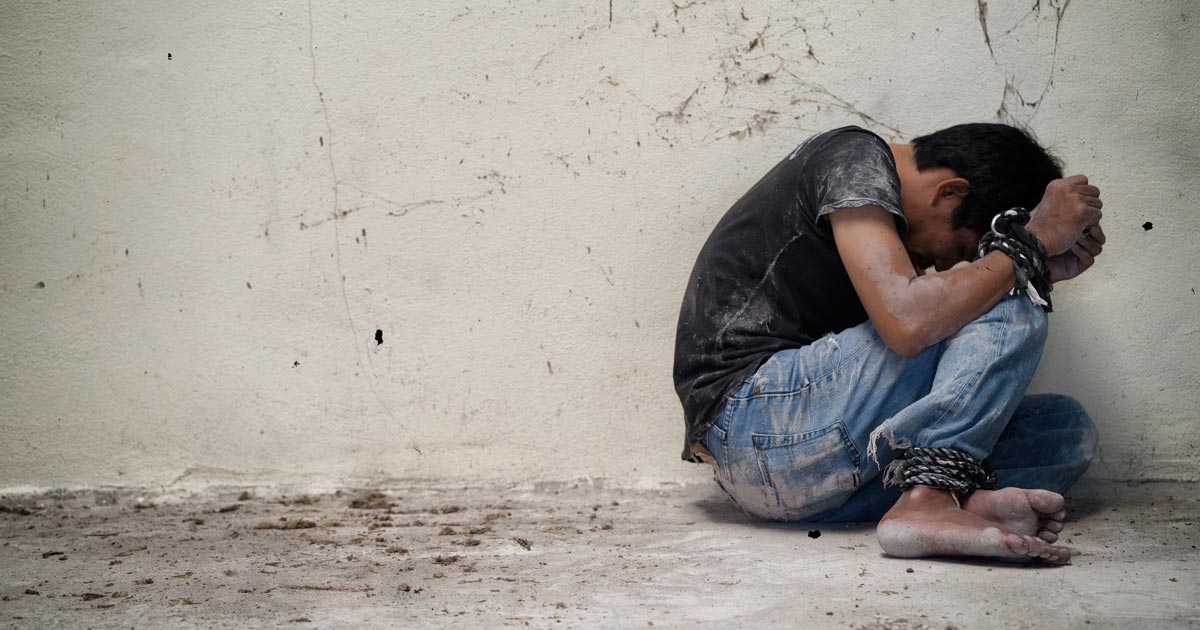25 Sept 2019
Immigration Advice Service political correspondent Olivia Bridge explains how post-Brexit immigration rules will impact the agricultural sector, as well as the veterinary workforce and animal welfare as a whole.

Image © David / Adobe Stock
With little more than a month until Brexit meets its deadline, and with a “no deal” still ominously looming, Brexit – and Parliament – appear to have arrived at a standstill, with any Brexit outcome still very much a possibility.
The latest publication of Operation Yellowhammer – the Government’s secret strategy planning on the worst outcomes of a No Deal – has only seemed to solidify the united fears felt in agriculture and the veterinary industry; notably over “just on time” food production, access to and the shelf-life of veterinary medicines, the welfare of animals and wider public health.
However, one of the biggest threats to both agriculture and the veterinary industry lies in maintaining access to recruiting staff – a prospect the post-Brexit 2021 immigration vision seeks to restrict.
Frictionless mobility between the member states under “free movement” has fuelled both sectors with valuable workers, and the RCVS finds half of new vets have been recruited just from the EU every year.
The Government further estimates 75% of critical abattoir workers come from abroad, which corroborates with the NFU’s view that most British veterinary students do not go on to choose slaughterhouse work in their postgraduate careers.

The veterinary industry has struggled to recruit staff – even before the EU referendum – resulting in a current vacancy rate of 12%. However, this doesn’t bode well for the future when extortionate visa fees and administrative hoops and hurdles start to come into the picture. As of 2021, all EU workers will need to meet the Tier 2 Work Visa rules, which dictate earning a minimum of £30,000 a year. This rule alone could result in a total annihilation of veterinary surgeons in slaughterhouses.
Fortunately, this May brought good news for vets: following on from a report by the Migration Advisory Committee (MAC), the Home Office added veterinary roles back on to the Shortage Occupation List (SOL) after its untimely removal in 2011.
This means vets will be exempt from meeting certain immigration rules. Not only do they receive a visa discount and are prioritised a place, but they do not need to meet the Tier 2 financial requirement, nor the ILR requirement (settlement) of £35,000 in five years’ time, to stay in the country. Employers also do not need to carry out the laborious “resident labour market test” for 28 days and can actively recruit from abroad instead.
The victory has been widely celebrated across the sector, with RCVS president Amanda Boag hoping the move will make some headway at tackling the growing vacancy rate and prevent the shortages from spiralling after Brexit.
However, the veterinary industry’s sister industry, agriculture, is offered no such relief – despite the fact rural areas are disproportionately difficult to attract overseas interest.
Unlike vets, EU workers that flock to UK farms every year will be subjected to the harsh Tier 2 rules. Estimates by the Confederation of British Industry (CBI) found last year that 56% of dairy farmers depend on overseas labour, 40% of staff on egg farms originate from the EU, while up to 75% of the 60,000 overseas workers recruited every year to plant, pick and pack produce come from Bulgaria and Romania during seasonal peaks of demand.
The Home Office is aware the rules pose a “cliff edge” for farmers and have crafted temporary worker schemes in a bid to mitigate the loss. However, the Seasonal Agricultural Scheme, which is in the midst of being piloted, barely scratches the surface in its recruiting efforts, hiring a mere 2,500 migrants a year and prompting the NFU to campaign to the Government to increase the number to at least 30,000 – which is still only half of those normally hired in horticulture alone.

The success and survival of agriculture largely depends on the outcome of this scheme. The only other alternative the Home Office is offering for low-income workers is a highly restrictive 12-Month Temporary Visa, which not only will expire in 2025 anyway, but is arguably the most unattractive visa on offer across the points-based system.
Workers are restricted to one employer and a one-year stay, during which no family members can join them nor can they remain or return to the UK once their placement is up. Anti-slavery charities even go as far to warn Brexit paves the way for increased modern slavery and human trafficking offences in the UK: the lack of low-income routes will only encourage unscrupulous bosses to find unethical ways to recruit and retain cheap staff to keep business ticking while the Brexit dust settles.
The warnings come as Operation Yellowhammer hits home the severity of a no deal Brexit, especially concerning veterinary medicine, since most is either produced in the EU or enters the UK via the European Economic Area. Any barriers to accessing such medicines would see the UK ill-equipped to handle a disease outbreak – which not only affects animals, but general public health in humans.
Although the UK is currently a world leader in animal welfare regulations, post-Brexit trading agreements, coupled with a no deal, obliterate hopes of this remaining true.
Any trade deal that sees farmers paying more on exports while cheaper and unethically produced meat from the US makes its way into British supermarkets will see animal welfare gravely compromised as UK farmers might campaign for relaxed welfare and hygiene practices just to stay competitive.
As NFU president Minette Batters said recently: “We want a future that sees a thriving food and farming sector, not a future where we see Britain’s ability to feed itself fatally undermined.”
Yet, without serious assessment into the immigration system and without vital farming roles at least being added on to the SOL alongside vets, the UK runs the risk of fulfilling this bleak prophecy.